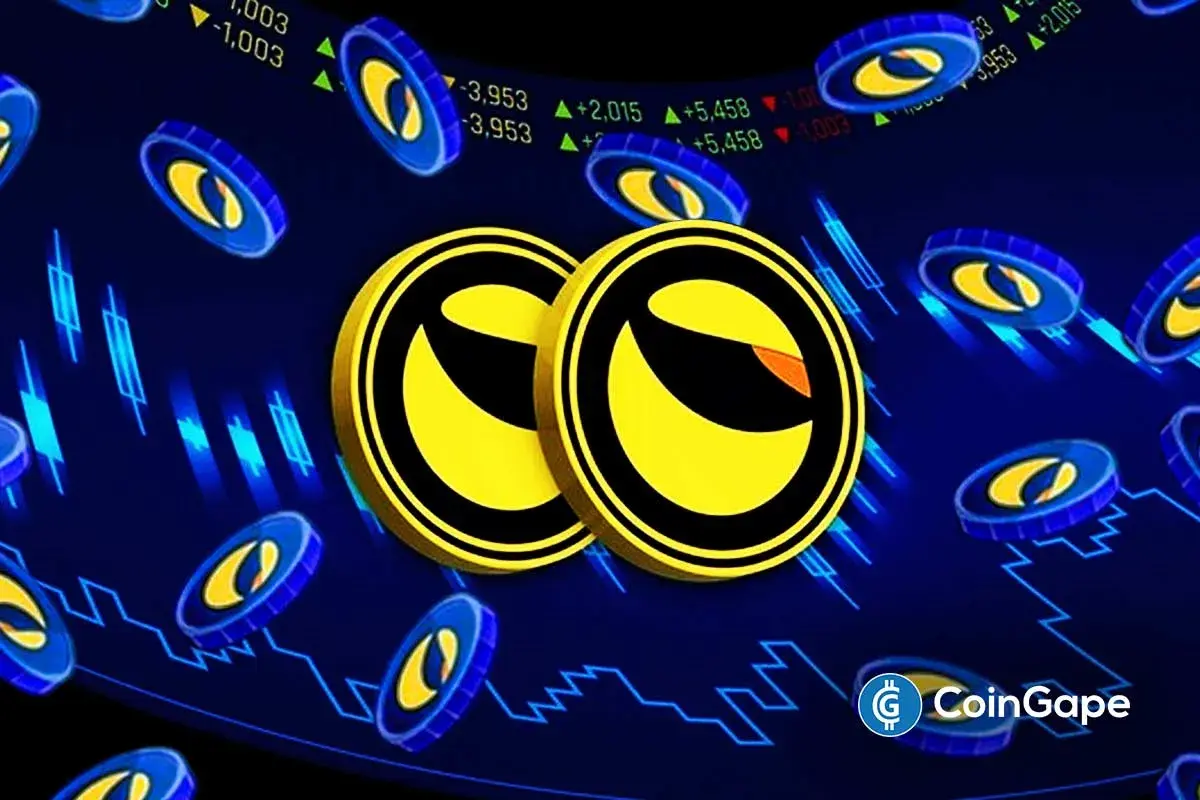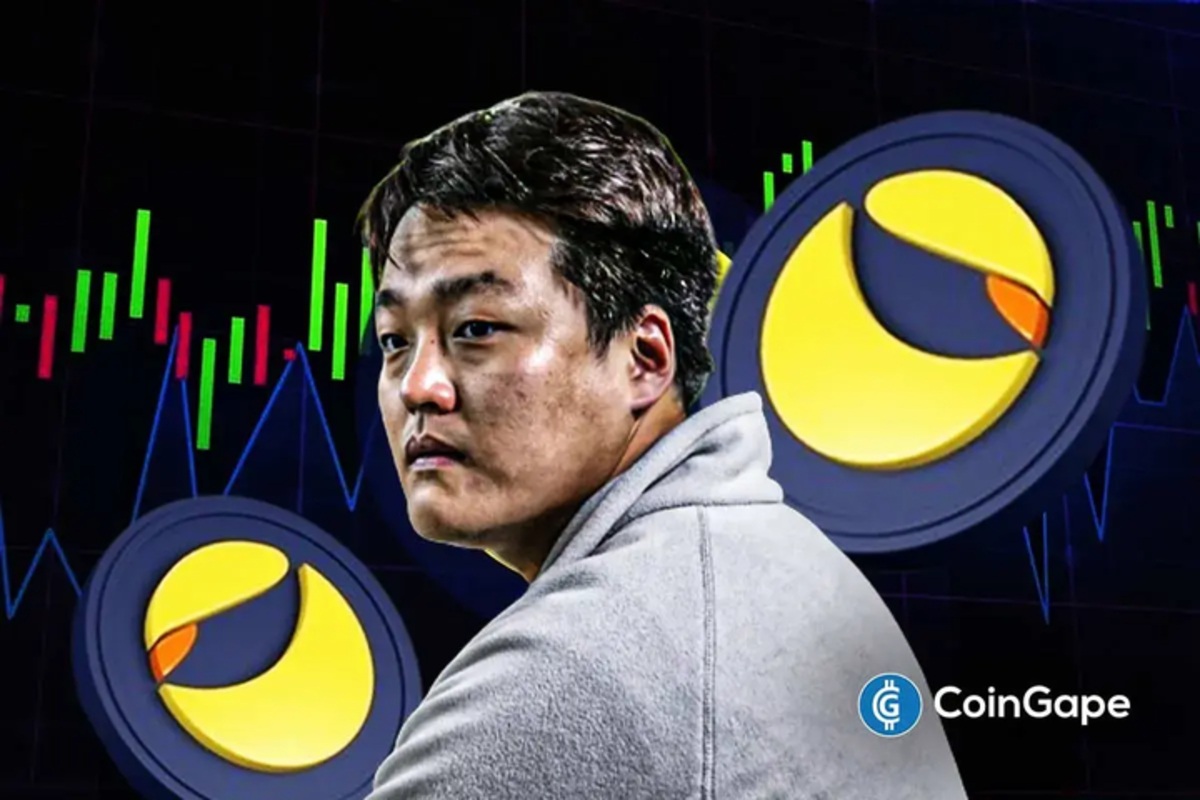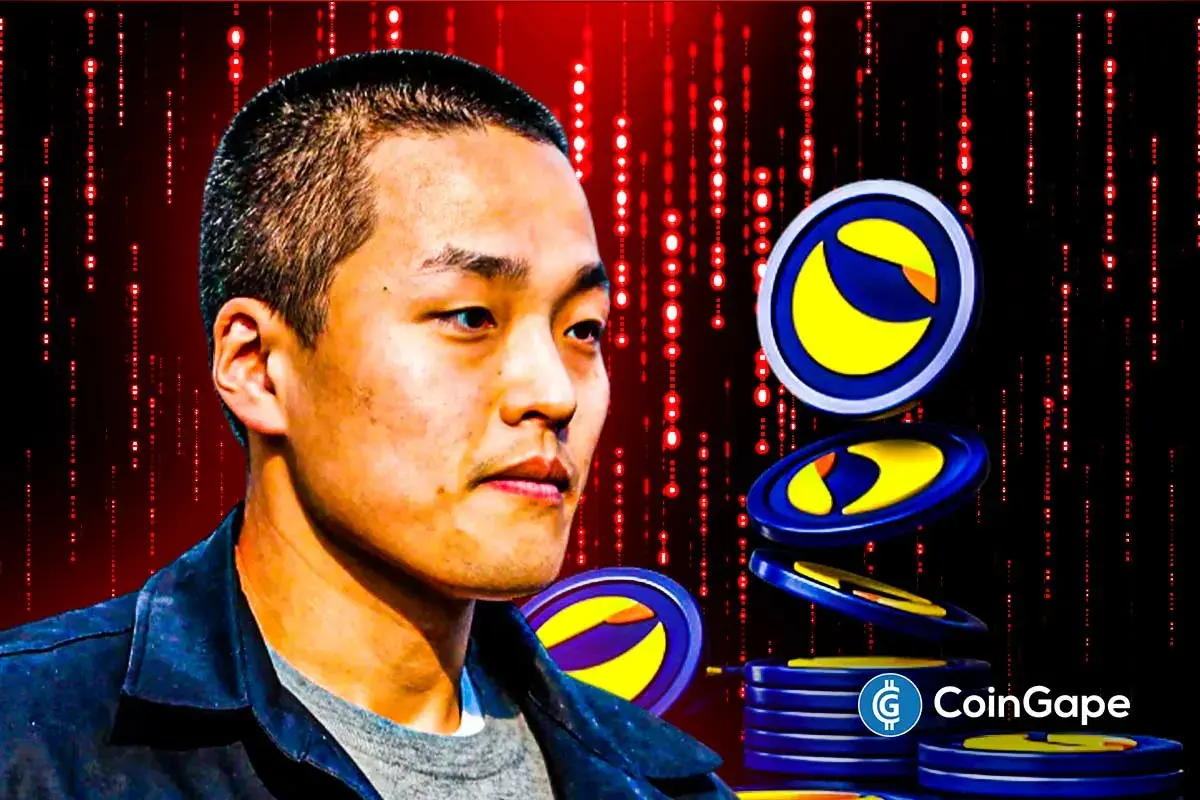US SEC Slaps Lawsuit On Terra LUNA Creator Do Kwon

As the U.S. Securities and Exchange Commission (SEC) continues to tighten its grip over the crypto space, the latest bait for the securities regulator is Terra LUNA creator Do Kwon. Last May 2022, the Terra ecosystem witnessed a major crash eroding more than $40 billion worth of investors’ wealth.
In its complaint filed with a U.S. federal court in Manhattan, the SEC accused Do Kwon of orchestrating a $40 billion securities fraud involving LUNA and Terra’s algorithmic stablecoin TerraUSD (UST).
Do Kwon has been on the wanted list of global regulators! Over the last few months, South Korean regulators have been seeking his location and also issued an Interpol notice. As per reports, the fugitive Terra founder was last seen in Serbia.
This is also the first time that the US SEC has initiated action against Do Kwon. SEC’s complaint notes Terraform Labs sold securities as “unregistered transactions” billed as “profit-seeking investments” and with the promise of offering up to 20% interest. Speaking on the development, SEC Chair Gary Gensler said:
“We allege that Terraform and Do Kwon failed to provide the public with full, fair, and truthful disclosure as required for a host of crypto asset securities, most notably for LUNA and Terra USD. We also allege that they committed fraud by repeating false and misleading statements to build trust before causing devastating losses for investors.”
Do Kwon Misled Investors Over Terra Stablecoin
SEC noted that Terraform Labs touted and marketed the TerraUSD (UST) stablecoin as a “yield-bearing” stablecoin. The securities regulator further alleged that while marketing the LUNA token, Terraform Labs founder Do Kwon repeatedly misled the investors. Besides, Kwon also misled investors on the stability of TerraUSD, aka UST.
Last year on May 22, UST started de-pegging from the U.S. Dollar and the price of its sister token plummeted close to zero. SEC has also accused Kwon of misleading customers that a South Korea-based mobile application Chai, processed transactions between merchants and consumers. It noted:
“In reality, Chai payments did not use the blockchain to process and settle payments. Defendants deceptively replicated Chai payments onto the Terraform blockchain in order to make it appear that they were occurring on the Terraform blockchain, when, in fact, Chai payments were made through traditional means”.
In the lawsuit, the SEC noted that the Terraform ecosystem was neither decentralized nor financed. “It was simply a fraud propped up by a so-called algorithmic ‘stablecoin'” it said.
Play 10,000+ Casino Games at BC Game with Ease
- Instant Deposits And Withdrawals
- Crypto Casino And Sports Betting
- Exclusive Bonuses And Rewards

- $2T Barclays Explores Blockchain For Stablecoin Payments and Tokenized Deposits
- Breaking: U.S. PPI Inflation Rises To 2.9%, BTC Price Falls
- XRP News: Ripple-Backed Ctrl Alt Completes $280M in Diamond Tokenization on XRPL
- Bitwise CIO Calls Bitcoin Selloff ‘Classic Cycle,’ Dismisses Manipulation Rumors
- Cardone Capital Takes Real Estate On-Chain With $5B Tokenization Plan
- Top Analyst Predicts Pi Network Price Bottom, Flags Key Catalysts
- Will Ethereum Price Hold $1,900 Level After Five Weeks of $563M ETF Selling?
- Top 2 Price Predictions Ethereum and Solana Ahead of March 1 Clarity Act Stablecoin Deadline
- Pi Network Price Prediction Ahead of Protocol Upgrades Deadline on March 1
- XRP Price Outlook As Jane Street Lawsuit Sparks Shift in Morning Sell-Off Trend
- Dogecoin, Cardano, and Chainlink Price Prediction As Crypto Market Rebounds

 Buy $GGs
Buy $GGs

















